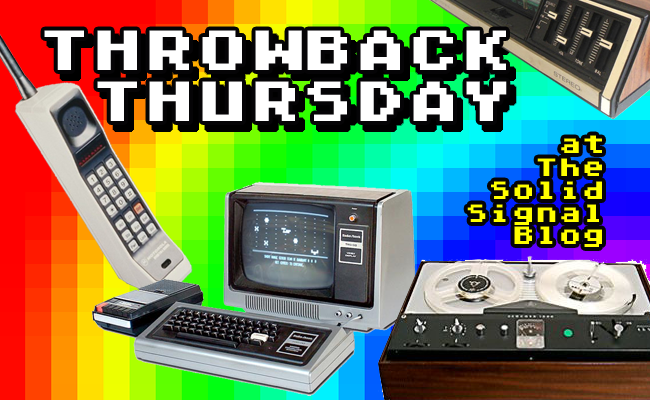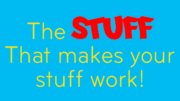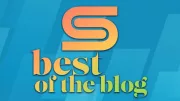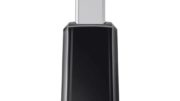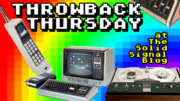Friends, here’s a dirty little secret. My favorite content here at The Solid Signal Blog isn’t the tutorials. It’s the rant. Sure, I know the tutorials are important and I am absolutely glad people like them. But it’s fun when I can throw down about something that is really annoying me at the time.
Talking about ownership
Take for example, this article from five years ago. In it, I ask, “Is ownership obsolete?” and the funny thing is, it was. Back in 2016 we were just starting to get past our physical media, but we’d given up ownership of our digital lives long before that.
Today, the battle is over. Who buys music anymore? Maybe if you have something you really like, you’ll buy it on vinyl. But most folks don’t bother. They stream it on Spotify or one of the other services. The same with movies. Gone are the days when shelves full of tapes or discs adorned our living rooms. Today it’s all streaming, and even if we pay for a permanent license, that doesn’t mean we own it.
And you know what?
Funny thing is, it’s better that way. It can be hard to wrap our heads around, but our digital lives are better because we don’t have to carry around all that physical baggage. Our e-mail accounts are managed by professionals. Our movie collections are curated by computers. And that’s not at all a bad thing. The digital world is just too complex for regular folks to navigate. It’s just better to let the professionals deal with it. Security, by and large, isn’t an issue with the exception of password leaks. And, it just gets us one step closer to a point where we can simply enjoy stuff instead of having to spend our days managing it.
And it’s only going to go further
Do you have kids in school? If so chances are they’re using a Chromebook, not a laptop, for their distance learning. A Chromebook is a computer, for sure, but it’s not like your Windows PC or Mac. A Chromebook looks and acts the same as any other laptop, but in reality it has just enough computing power to put stuff on the screen and connect to the internet. Practically everything is stored on a server. None of the apps are “really” installed. None of the documents are “really” there. It’s just a portal to a server somewhere, that holds the things you need.
Using Chromebooks has made it easier for schools to get kids online without the kids creating a lot of mischief. It’s made it possible for beleaguered school IT professionals to have some control over what’s going on in millions of homes. If you search this blog you’ll find I made fun of Chromebooks in the past, but they’ve come into their own. I completely admit that.
Don’t think the folks at Microsoft haven’t noticed. They’re working on a version of Windows that will work the same way. Your computer won’t have a lot on it at all, and everything including most of the core operating system tasks will take place on distant servers. This will let business IT professionals do the same thing school ones did: have control over remote workers.
And no one will own any of it (except Google and Microsoft.)
These big companies do really benefit from this model. You pay monthly for access to your music, your office software, or your documents. This is ongoing income for these companies and they love it. They want to tell you that you’ll pay the same as you would have paid if you bought all that stuff outright. I haven’t done the math but it’s possible they’re right.
I suppose it doesn’t matter… it’s just the way the world works today.

